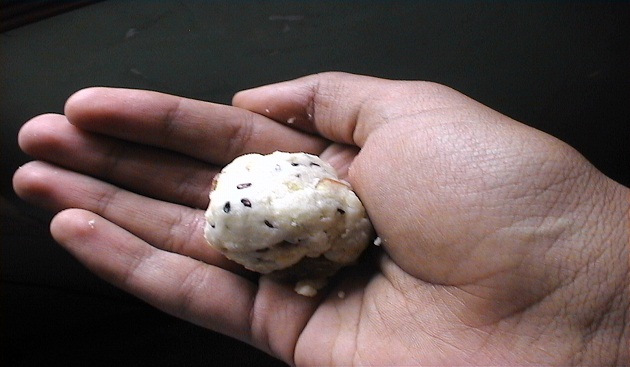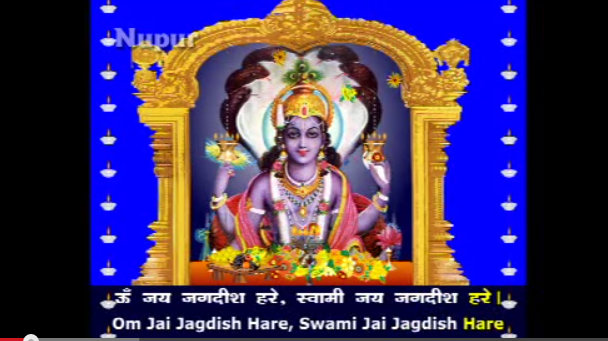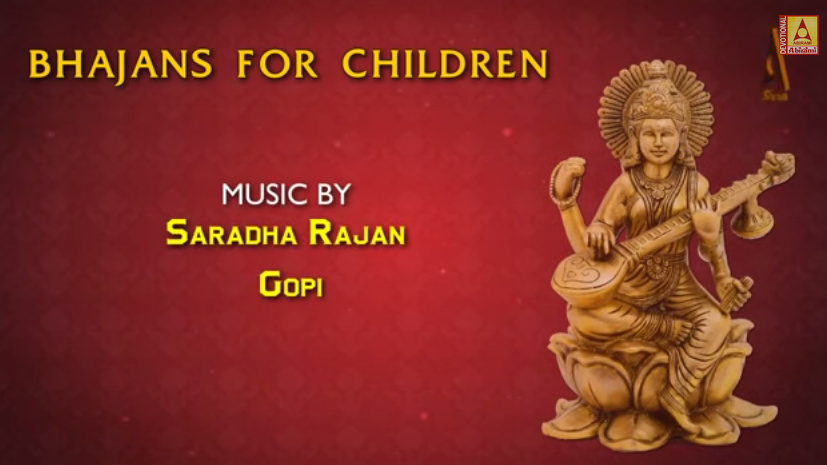What we offer to God is naivedyam. When it comes back to us, it becomes Prasada.
Now we feel the prasada ( be it a flower or a sugar candy or a dry fruit or ash) has undergone a change. Now it comes from the altar of the Lord. The eyes see the same article, but the mind sees it differently and therefore we consider the prasada sacred. We thank God for giving us our food.
To most of us, prasada means something edible and that is all ! But the real meaning of prasada is “purity, cheerfulness, bliss, joy, peace”. This is our true gain upon tuning our minds with the Lord during the worship. The real prasada is the feeling of peace we experience in our hearts while looking at the idol of the Lord after we have performed our daily puja with love and devotion. Experiencing the peace and joy is how we tune our minds to the Lord.
There is a Bhavana, an attitude involved in it. This attitude is born of the vision of Iswara. There is no equivalent word for prasada in English. Prasada is not an object. It is purely born of understanding. The understanding of the reality is the basis for prasada.
Even a diabetic will not refuse if he is offered a laddu from Thirupathi. He will accept atleast a small piece of it since, coming from the altar of the Lord, it gets transformed into prasada. That is education in our Hindu culture.
Now, let us go a little deeper. The result that an action produces, whether it is more or less, or equal or opposite, comes from God. This is the appreciation of God and that is maturity. So we accept that God is the author of the result of our actions. The result thus becomes prasada since it comes from God. Thus result of every action must be looked upon as prasada from the Lord, irrespective of whether it is what we expect or opposite. This is Sameness of mind ( called samatvam in the Gita). This is born of understanding and cannot be forced upon anybody. It is always born in the wake of some knowledge of reality. So we have to be alive to the reality of our being the doer of action and God being the giver of the result. Therefore, even if I do not get what I expected, I still accept the result as prasada and having become wiser, work harder. A person ultimately becomes wiser by the attitude of prasada. We welcome whatever comes to us and our whole life becomes a learning experience.
Thus we arrive at the meaning of prasada as the cheerful acceptance of the situation as it comes to me. Thus prasada-buddhi becomes the attitude of glad acceptance.
Anything that comes from the Lord is Grace or Prasada. Let us learn to look upon the results of out actions given to me by the Lord as prasada.
Prasaadae sarvaduhkkhaanaam haani-raspyopajaayathae
Prasanna-chaethaso hyaas(h)u buddhih paryavathishtathae ( 2 – 65)
When the mind is tranquil, destruction of all pain and sorrow is born because the knowledge of one who is tranquil-minded soon becomes well-established.






